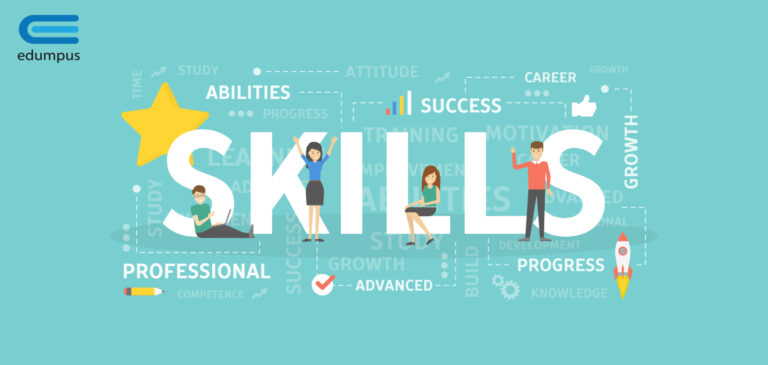Need expert advice?
Feel like you need detailed guidance for further study options?
India is a developing country with a literacy rate of 77.7% and unemployment is acknowledged to be a “treacherous problem”. Do you find any similarities between the two slants? Literacy has an immediate relationship with employment in India. If you are well educated then you are ready for employment. This is what people think about this relationship. Truth is far away from this. Book-learned knowledge is not enough to get employment ready. The statement is true but it is not deciphered in the correct behavior. Education is a vital aspect of getting a job. The curriculum of that ‘Education’ should be set according to the needs of employment skills.
Have you ever asked yourself if you remember what you have learned in class 5th and 6th? Which topics were there? Obviously, most of you will not remember the topics but what if I tell the topics, then can you elaborate on them? Can you explain the Mughal Empire? Most of you will not answer in the correct chronological order. Then what is the use of learning these things? You know what, you have learned these things at that time just because you want to score as high as you can. Who told you to score the highest possible? Your parents and teachers of course. Why they do so? Because this is imprinted in the curriculum. It is clearly stated that a 6th standard student should learn about the Mughal empire but they have not mentioned that till which standard, you have to remember this. There you must have identified the problem yourself. The problem is not in teachers, parents, or students, the problem is in the curriculum. Everything is goal-oriented, I understand that. But Indian education’s cynosure is marks oriented. Everything is satisfied if you score well. It has been set so we all follow it blindly without even noticing whether it is doing any good for our children or not. We need to modify this orthodox curriculum.
We are living in the 21st century and what we need is employment-ready skills that will assist the youth of our country to achieve their aspirations. India is a country in which around 28 million youth adds every year out of which 50% of the population below the age of 25 years. According to data, 90% of employment opportunities demand vocational skills and a great personality. The pun is this situation is that we people are not educated about both of them during our schooldays. With the ongoing globalization, skilled and multi-skilled workers are in high demand. 40% of workers of Google, one of the top global companies have no degree. They have top-notch skills which make them differentiated from other humans in this world. For a country like India, a skill-based curriculum is in need of the hour. Introducing employment-ready skills to students at a young age will make the procedure of transition from a student to a professional more comfortable.
Indians are very much indulged in traditional streams like engineering, medicine, MBA, etc. But nowadays, many rewarding careers have emerged which are based on skilled training only. Actuarial science, Coding, data analyst, and various software are available as career options that can fill your skills bucket. Students do not have to wait until they complete their schooling to go on and learn something. Skill-based training starts at a young age. You must have heard that nowadays, 5-6 years students are learning to code and make apps. This is possible if you support your child in skill-based learning. Soft skills are also missing in Indians breeds. Leadership qualities, team spirit, communication skills, public speaking are some of the soft skills which are compulsory in a professional environment. Students should be taught about soft skills right from school so that gradually, they will become perfect in them till they attain the age of employment. Honorable Prime Minister Narendra Modi also understands the value of skill-based training in the lives of Indian youth, that is why he launched the skill India mission which aims at developing skills in numerous fields. We need to modify our current curriculum and bring some important changes to it. The traditional approach of learning should be replaced by skills-based learning in order to achieve efficiency and higher employment among youth.




